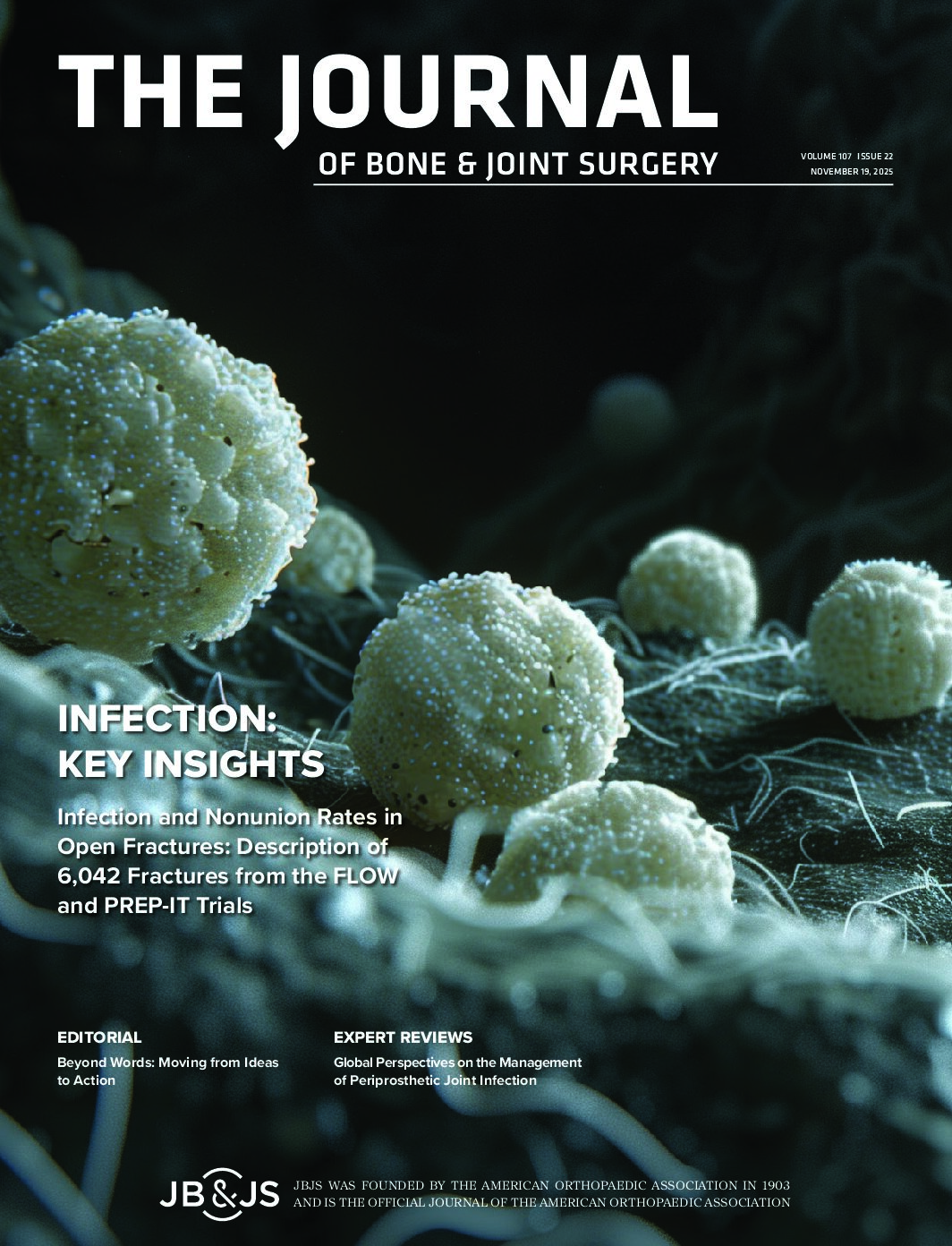 You don’t need a PhD in molecular pathophysiology to appreciate the fact that inflammation is a complex biological process. And you don’t need to be a shoulder subspecialist in orthopaedics to realize that symptoms of frozen shoulder (aka idiopathic adhesive capsulitis, or IAC) are common presenting complaints among middle-aged patients, especially women. In the May 6, 2020 issue of The Journal of Bone& Joint Surgery, a retrospective case-control study by Park et al. reveals some new insights about the association between adhesive capsulitis and inflammation, with a specific focus on the inflammatory marker high-sensitivity C-reactive protein (hsCRP).
You don’t need a PhD in molecular pathophysiology to appreciate the fact that inflammation is a complex biological process. And you don’t need to be a shoulder subspecialist in orthopaedics to realize that symptoms of frozen shoulder (aka idiopathic adhesive capsulitis, or IAC) are common presenting complaints among middle-aged patients, especially women. In the May 6, 2020 issue of The Journal of Bone& Joint Surgery, a retrospective case-control study by Park et al. reveals some new insights about the association between adhesive capsulitis and inflammation, with a specific focus on the inflammatory marker high-sensitivity C-reactive protein (hsCRP).
The authors analyzed blood-sample results from 202 patients diagnosed with IAC and 606 age- and sex-matched controls. In addition to hsCRP, Park et al. investigated HbA1c, cholesterol, triglycerides, inflammatory lipoproteins, thyroid-stimulating hormone, the ratio of triglycerides to HDL (TG/HDL), BMI, and diabetes.
Park et al. determine that a blood level of hsCRP >1.0 mg/L is an independent marker for IAC. They also conclude that the relationship between hsCRP and other findings in this study confirms the associations between IAC and previously cited risk factors of diabetes and dyslipidemia. Based on the fasting-glucose and HbA1c findings in this study, the authors additionally conclude that hyperglycemia and insulin resistance—frequent precursors to type-2 diabetes—are also strong risk factors for IAC.
Taken together, the results suggest the presence of an additive inflammatory effect among medical comorbidities in patients with IAC. But in his Commentary on this study, Michael Khazzam, MD says that these results alone cannot be used in clinical practice to counsel patients being treated for IAC. Ideally, he says, these findings could help inform future work that might provide a reliable method to predict, early in the disease process, the severity of IAC and the expected timetable for complete resolution of symptoms.


